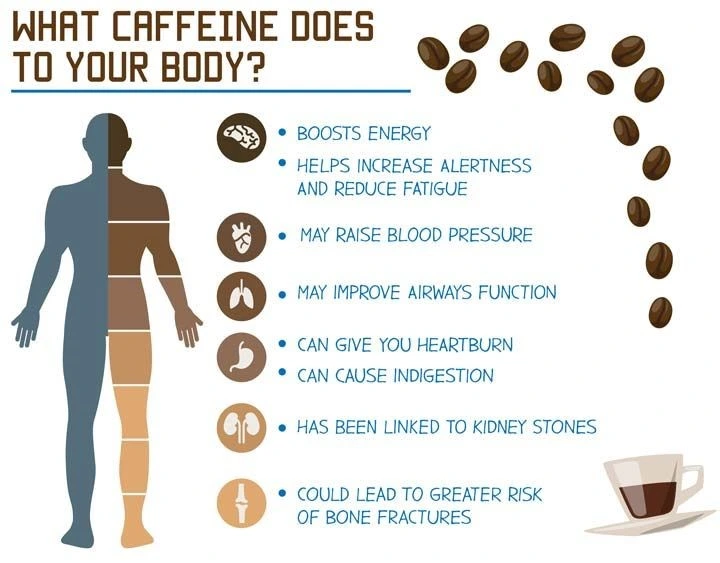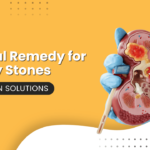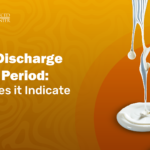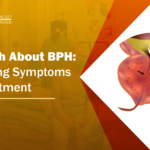

Caffeine is the most favoured energy that’s consumed on the regular basis by people around the whole world. it should be the sole stimulant that gets you up in the morning but have you ever ever considered what happens to your body after over-consumption and repeated absorption? Caffeine doesn’t exclusively offer beneficial results which are usually known for this stimulant and could be the unknown cause of your bladder and urinary tract complications.
HOW DOES CAFFEINE AFFECT THE BODY?
Caffeine could be a central system nervous stimulant that increases alertness awareness and reduces drowsiness substances that are present in the brew are commonly wont to help people sit up and awake to move their work. It affects the opposite parts of the body in addition. This favoured drink is described as a bladder stimulant which increases the assembly of urine and the sensation of having to urinate. It can provoke unwanted symptoms from occurring within the tract When it’s consumed in high quantities. Women who up high levels of caffeine are 70% more likely to possess incontinence than women who don’t source like coffee, tea, beverages, foods, etc.
Women who consume 329 milligrams of caffeine daily about three cups of coffee or more had a 70% higher chance of getting the bladder problem. The unintentional loss of urine affects quite 13 million mostly women. Women are presumably to develop it either during pregnancy or childbirth or with menopause and its hormonal changes, because of pelvic muscle weakness.
[elementor-template id=”1361″]
Foods that will irritate the bladder-:
An overactive bladder may be a problem that leads to a sudden urge to urinate and a potential loss of bladder control. A number of things affect this condition. the more fluid you drink, the more you’ll urinate. Smoking is additionally an element. Smoking irritates the bladder muscle, and a smoker’s cough may end up in urine leakage. Some foods can irritate the bladder or tract and exacerbate symptoms. the consequences of varied foods on an overactive urinary bladder vary from person to person. Use trial and error to work out which foods affect you personally.
Tomato products
Tomatoes are an acidic food that will potentially irritate your urinary bladder and worsen OAB those who are particularly sensitive should also cut out tomato products, such as:-
- Pasta
- Pizza sauce
- Ketchup
- Salsa
Coffee, and Tea
The offender in coffee and tea is caffeine. It can increase urinary bladder activity including higher urgency and frequency of urination, in addition to increased incontinence. Reducing or eliminating intake or switching to decaffeinated varieties can decrease symptoms.
Chocolate
Chocolate also contains some caffeine about 1/4 the number during a cup of coffee. Chocolate, are usually not caffeinated, or semi-sweet chocolate, which contains more cocoa and might satisfy your craving with a bit amount.
Alcoholic beverages
Adult beverages to the list of vices you’ll want to limit if you have got an overactive bladder. This includes beer wine liquor.
Spicy foods
The same foods that make your eyes watery and burn your lips can even irritate your bladder. Be wary of spicy peppers and sauces.
Processed foods
It contains plenty of artificial ingredients, like flavouring and preservatives, which might irritate your bladder and worsen OAB symptoms. A healthy, diet should include natural and fresh foods, like vegetables and whole grains. this is often very true for people that have OAB.

HOW DOES CAFFEINE AFFECT THE BLADDER?
Caffeine raises force per unit area, which is the reason for that awake feeling you get after you drink a cup of coffee, have a cola, or eat chocolate candy. This increased vital sign makes your bladder overactive, and an excessive amount of caffeine intake can contribute to increased urination, and bladder infections It’s also thought to own an instantaneous effect on the bladder’s smooth muscle.
HOW MUCH CAFFEINE AM I CONSUMING?
Healthy adults should not consume more than 400 mg of caffeine per day, teens should limit their intake to 100 mg per day is safe in moderation. The high amount of caffeine can be harmful. Coffee users can also experience rebound fatigue it makes you feel awake but when it wears off it might hit with a wave of tiredness.
HOW CAN I CUT DOWN ON CAFFEINE?
Some people get headaches, feel fatigued or have mood changes once they completely cut out caffeine, so it’s best to scale back your consumption gradually, employing a technique called Caffeine Fading: Cut your intake at a rate of ½ cup per day of whatever you drink over a 1 or two week period. Replace caffeinated beverages with potable, vegetable juice, water, milk, etc. When it involves cola, choose caffeine-free. Drink more water to keep up proper hydration.
KEEP YOUR BLADDER HEALTHY WITH UROLOGY
There are many things that will affect bladder health. There’s no must suffer physically or mentally. Whether you’re stricken by incontinence or simply want more advice to stay your bladder healthy, Excel Advanced Urology Center has the answers and therefore the most current treatments. You’ll be able to forecast best-specialized care from experienced, compassionate urologists.
FAQ’s
1. What is the main cause of the Overactive-Bladder?
Overactive bladder is caused by nerve damage caused by abdominal trauma pelvic trauma or surgery bladder stones.
2. What symptoms does an overactive bladder cause?
a. Feel a sudden urge to urinate.b. Unintentional loss of urine immediately.c. Wake up more than 2 times to urinate at night.
3. How long does an overactive bladder last?
Patients can be cured of their symptoms for 6-12 months.
4. How can I make my bladder stronger?
a. Urinate after sex.b. Do pelvic floor muscle exercisesc. Be in a relaxed position while urinating.d. Wipe from front to back after using the toilet
5. How does caffeine affect nerve impulses?
This results in a release of dopamine into the separation of neurons which binds to the dopamine receptor eliciting a nerve impulse.
6. What stimulates caffeine?
Caffeine is a stimulant that increases activity in your brain it also increases the circulation of chemicals such as cortisol and adrenaline in your body.






